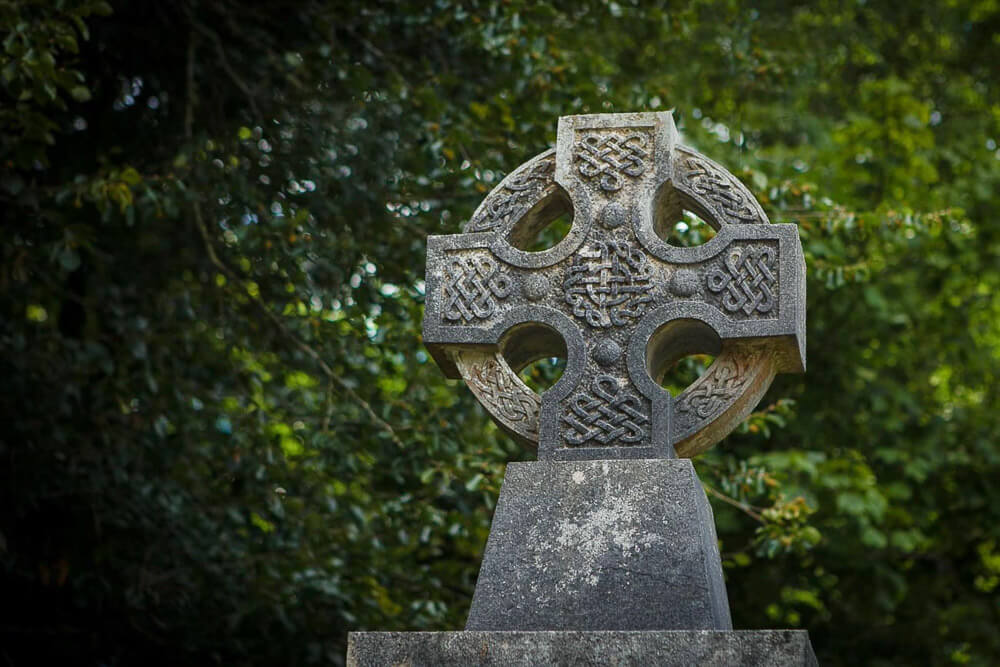the shop
amanda borders | mystery writer & editor
Quill&Glass
Quill&Glass
amanda riley | mystery writer & editor
writing | Editing | photography
about
editing
blog
contact
resources
shop
menu
writing • editing • photography
This page may contain
affiliate links. click here
for more information
This page may contain affiliate links. click here for more information
A rose by any other name might smell as sweet, but when it comes to your characters, names matter. A lot. Would Harry Potter be the same character if he’d been named Archibald Beauregard III? I think not. So where can you look to find just the right names?
Well, there’s always the old standby—the latest “name your baby” books and websites. And don’t get me wrong, those are great resources. They tend to have thousands of names and give the origin and meaning of each one. The problem with those books, though, is that they tend to have the same names, the ones that are popular right now. And they only list first names, no surnames.
So if you’re looking for some out-of-the-ordinary places to find character names, you’ve come to the right place.

6 Places to Find the Perfect Character Names
#1 The Phone Book
Do people even have phone books any more? I remember when that was the only way to find contact information for a business or a person. The phone books were fat, with white pages listing people’s home numbers and yellow pages listing business numbers. The last few we’ve had were not much thicker than a magazine and went straight into recycling.
But . . . if you can get your hands on an old telephone book, they are a treasure trove of first names, surnames, street names, business names, and community names. If you’re setting your story in a particular place, the phone book is a great resource for finding out what sorts of names are used in that area.
Where can you find a phone book? Check your local antique/junk shops or see if any of your older relatives have any stashed in closets. I bet they do. Also check with your local library. At one time, libraries kept several back issues of the phone book, and I’d bet some of them still do.
#2 Old Newspapers
In the same vein as old phone books, old newspapers are a fantastic resource for writers. In addition to news stories, newspapers listed births, deaths, graduating classes, engagements, weddings, anniversaries—all of which are perfect places to find character names. And, like phone books, they are a great place to find community and business names.
For those who write historical novels, newspapers offer a little glimpse into the world of a particular location at a particular time. What were old people’s names at this time? Check the obits. Popular baby names? Check the births. Crimes, world and local events, products available for sale . . . there are a million little details waiting in the pages of old newspapers.
Where can you find old newspapers? Many newspapers have digitized old issues and put them online, but if you’re able to find paper copies instead, I recommend it. Digital copies may be easier to come by, but while the information will be the same, the experience will not. Check with your local library—they may have old copies of newspapers available. Like phone books, you can probably find old newspapers at antique shops and older relatives’ or friends’ homes as well.
#3 Classic Literature
That old saying “steal like an artist” comes into play here. Classic literature is a great place to look for character names. For centuries, people have looked to their favorite stories when naming their children. And while some names may seem a little too . . . out there, keep in mind that in 2017, seventy-three babies in England were named “Khaleesi” after a popular fictional character. It’s likely that when classic novels came out, they inspired a rash of babies named after their characters, too.
If you aren’t up for searching through the library stacks right now (but why wouldn’t you be?), Encyclopedia Brittanica has a list of classic fictional characters on their website.
#4 Movie Credits
If you need an excuse to binge-watch Netflix, look no further. Film and television credits offer an immense number of name ideas. And I’m not talking about the latest Hollywood star that everyone is naming their babies after. Wait until after the actors’ names have scrolled past.
You don’t want Brad Pitt, you want the guy who brings Brad Pitt his coffee. Or the woman who coached him in dialect. The key grip, the foley artist, the property master, the gaffer. I have no idea what any of these people actually do, but they are all real people with real names.
Check out some Marvel or Pixar movies—the credits on those often seem to be as long as the movies themselves, and they tend to be a good source of multicultural names.
#5 Genealogical Records / Census Reports
Are you interested in genealogy? If you aren’t, there’s a good chance you know someone who is. Interest in genealogy has soared in America over the past decade. On Black Friday 2017, Ancestry.com sold over a million DNA kits to people looking to find out where their ancestors came from. One of the best things about family trees? All those names.
Sign up for a free trial on Ancestry and poke around in your own family history, or a willing friend’s. Comb through census records, immigration records, military records, and land records. The National Archives has a very informative reference page with links to the records you can find online.
Your local library likely has a genealogy section as well. Librarians are often well-versed in genealogical research and can point you in the right direction.
#6 Cemeteries
I’ve mentioned my fascination with cemeteries before, but I’ll say it again. Cemeteries are a great place for writers to take a stroll. Wandering among the headstones, you’ll find lots of interesting names. Something about the few details that the stones divulge always makes me want to know more about the lives those stones represent. If you’re ever in need of inspiration, a walk through the local graveyard may be the place to start.
Like some of the other sources listed here, one benefit of cemeteries is that names are attached to dates and places, which can be useful if you need names that would be appropriate for specific settings. Do remember though, that it’s best not to lift a name straight from an actual person, living or dead. And to always be respectful when visiting a cemetery.
So there you have it—six places to find the perfect names for your characters.
Do you have any places you like to go for character
names? Do you like to explore cemeteries, too, or does
the thought creep you out? Let me know in the comments!
Praesent leo risus, sodales sed fermentum vitae, ornare ut metus. Maecenas ornare pellentesque metus a commodo. Lorem ipsum dolor sit amet, consectetur adipiscing elit. Suspendisse sed nibh non nisl finibus imperdiet.
Writing Routine
Tracker
free printable
send me the tracker




